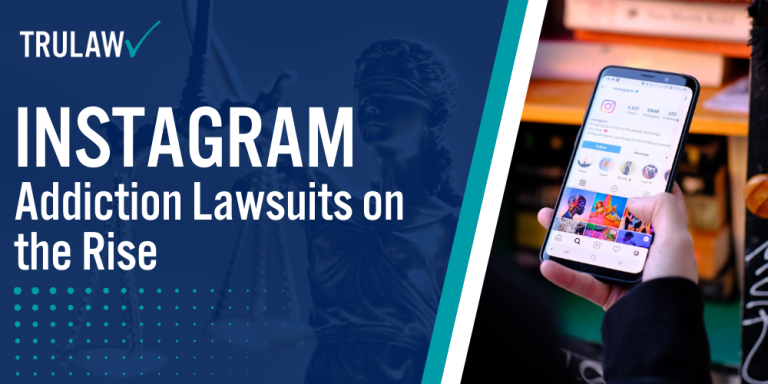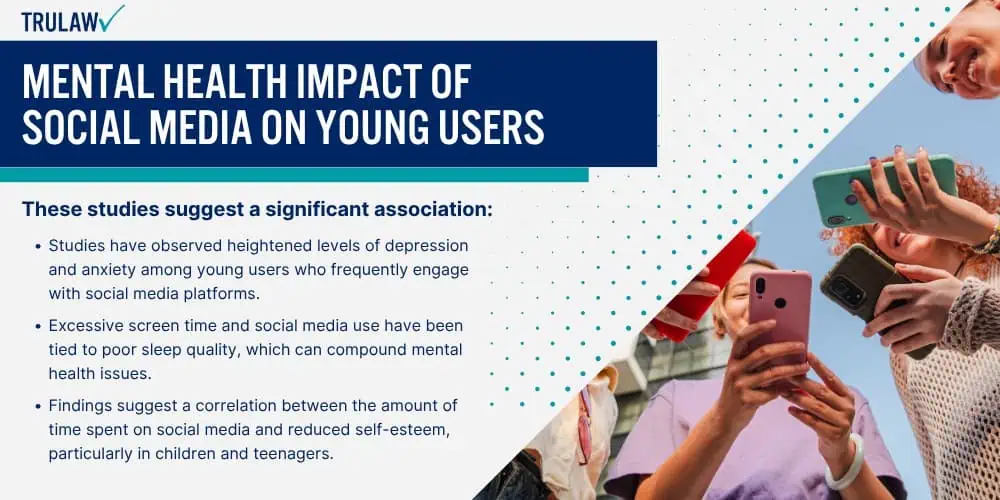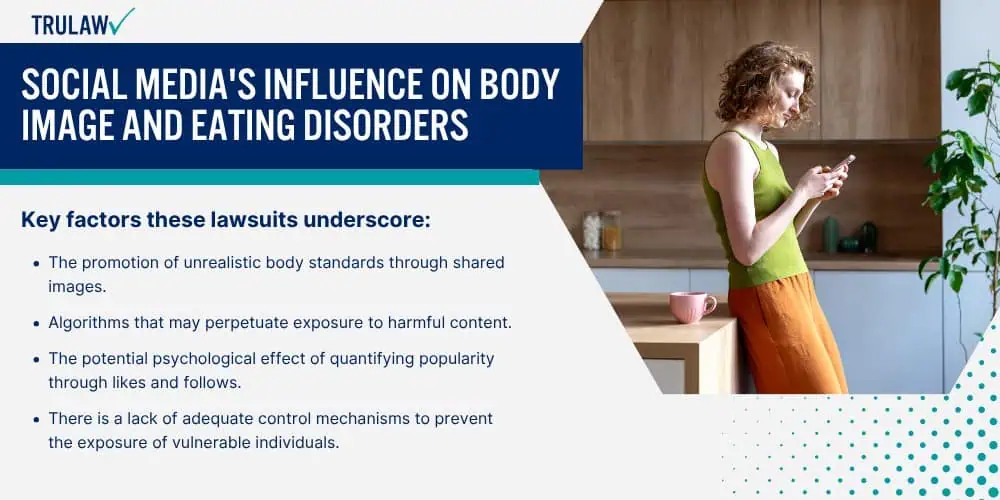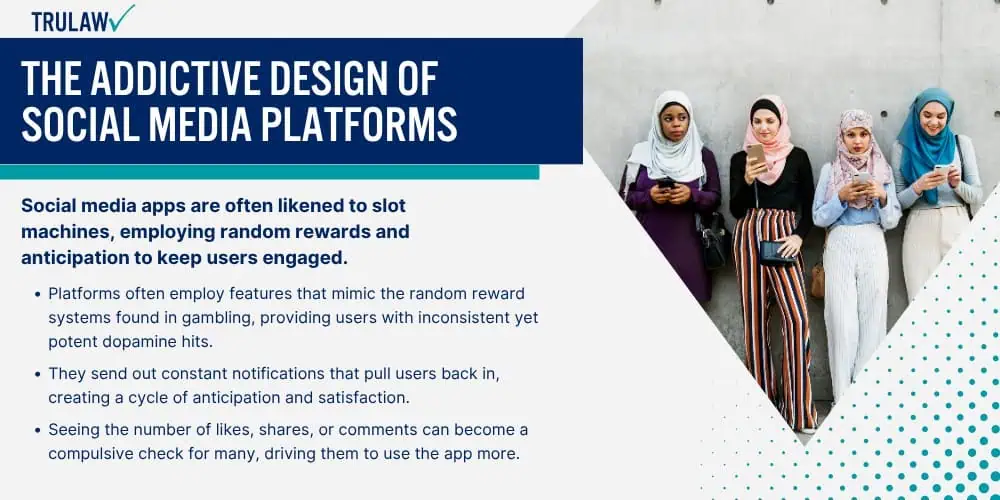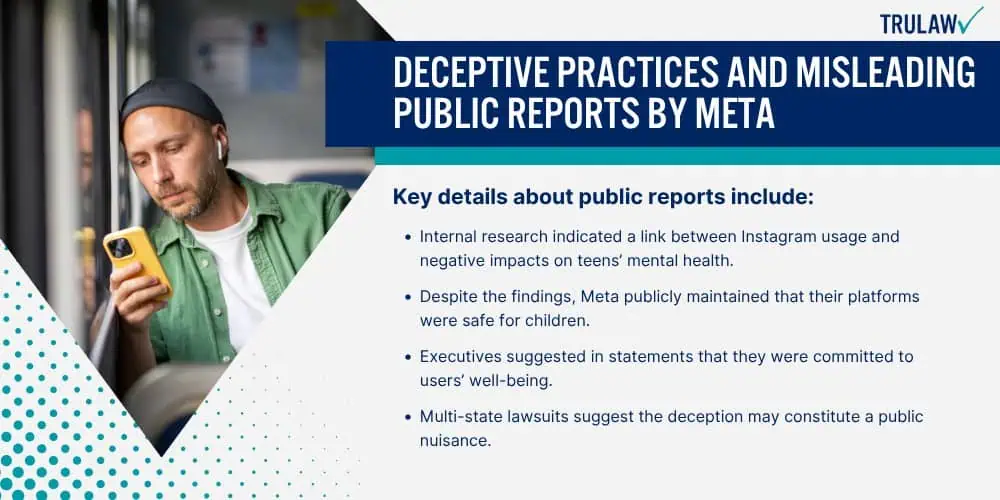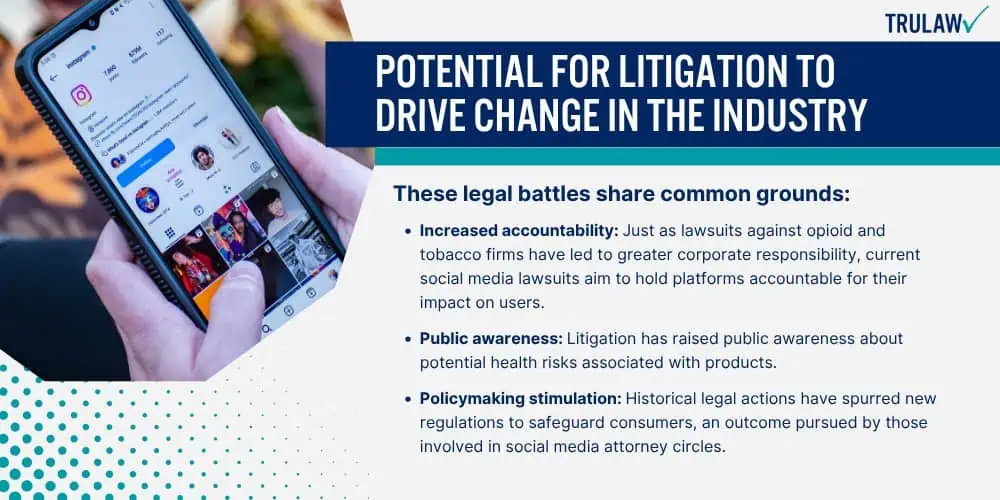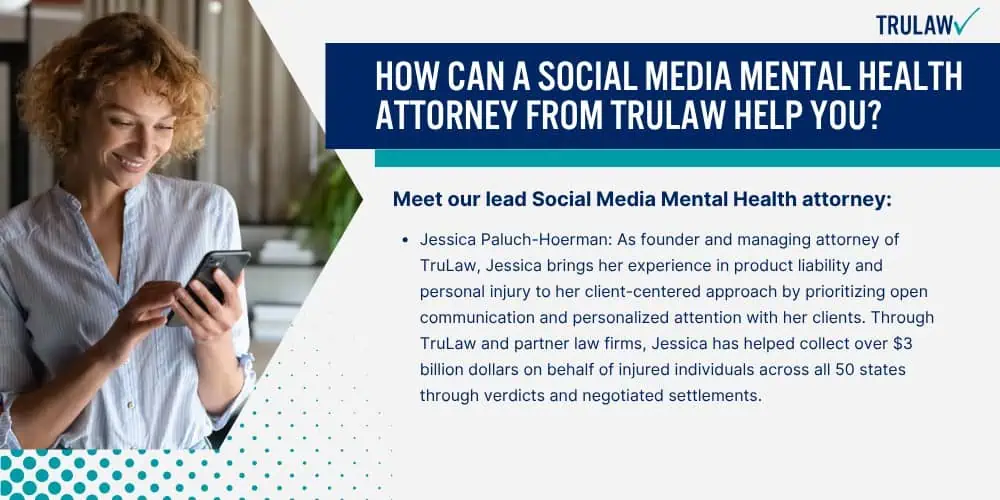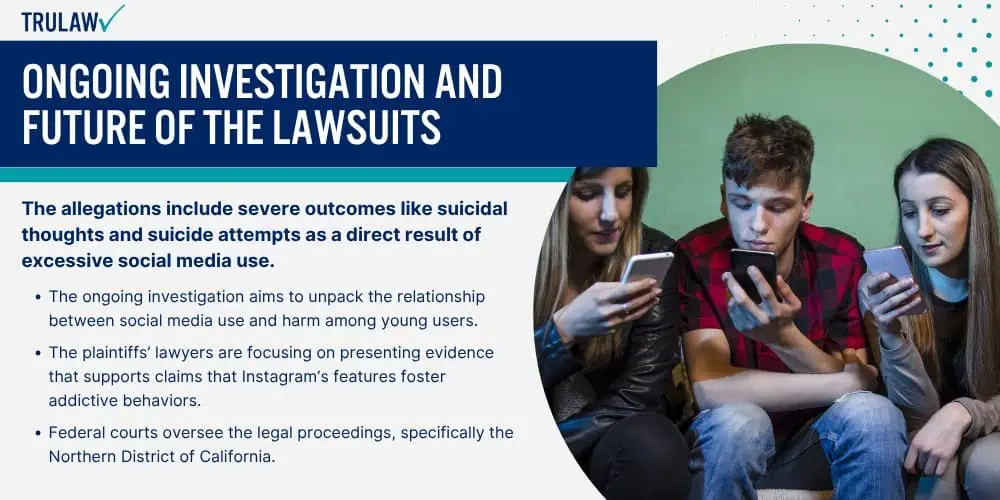Utah has taken legal action against Meta Platforms, Inc., the parent company of social media giants Facebook and Instagram, citing deceptive practices and designing addictive features detrimental to youth.
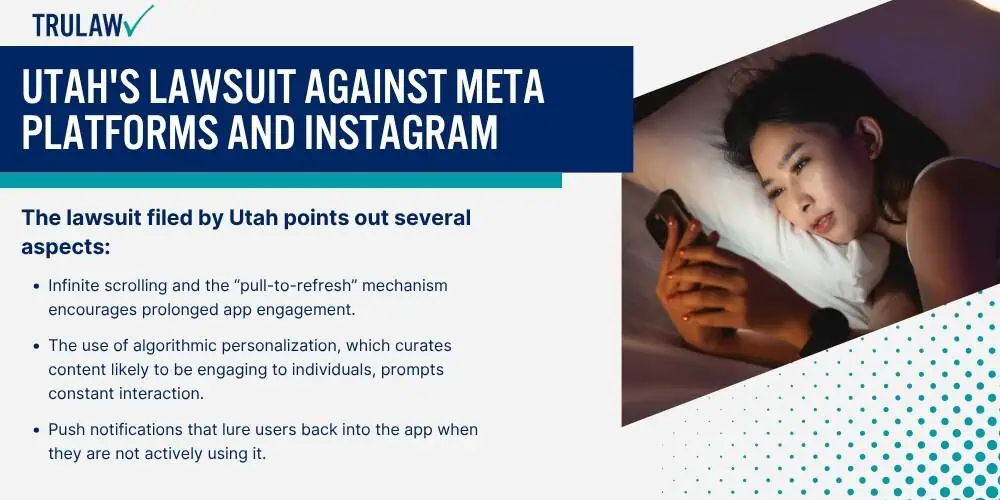
Allegations of Deceptive and Addictive Features
Utah’s government asserts that Meta knowingly incorporated addictive features into Instagram, specifically targeting young users. These features, they claim, are crafted to retain users’ attention for extended periods, potentially leading to addiction. The lawsuit filed by Utah points out several aspects:
- Infinite scrolling and the “pull-to-refresh” mechanism encourages prolonged app engagement.
- The use of algorithmic personalization, which curates content likely to be engaging to individuals, prompts constant interaction.
- Push notifications that lure users back into the app when they are not actively using it.
- A reward cycle based on likes and comments creates a psychological dependency.
Through these elements, Utah is holding social media companies accountable for what they deem to be unethical design choices that prioritize user engagement over well-being.
Meta’s Alleged Prioritization of Profits Over Safety
The allegations extend beyond just the addictive mechanics; Utah charges that Meta favored financial gain over user safety. Here’s what the state has highlighted:
- A preference for growth and engagement metrics that advance advertising revenue over measures that would enhance the safety and well-being of its users.
- Meta’s reluctance to implement stricter usage controls for younger demographics, despite evidence suggesting the necessity for such measures.
- Findings from internal research purportedly indicate awareness of potential harm to young users, but these were not sufficiently acted upon.
- Claims that despite public assurances, Meta has consistently opted for profits at the cost of adequately protecting its user base from the risks associated with social media use.
By bringing forth this lawsuit, they seek to hold tech giants like Meta responsible for maintaining a balance between profitability and the safety of its users, especially the vulnerable youth demographic.
The Rise of Social Media Addiction Litigation
Instagram’s legal challenges are part of a wider trend as social media addiction garners more attention.
- Bipartisan Support: The litigation against major social media companies has bipartisan backing, indicating widespread concern and demand for accountability.
- Precedent: This current wave of lawsuits could set a legal precedent regarding social media companies’ responsibilities to their users.
- Catalyst for Change: Growing legal action could lead to widespread changes in how social media platforms operate.
- Consumer Protection: At the heart of these lawsuits is focusing on consumer protection, particularly for younger users.
By shedding light on the inner workings of social media companies, these lawsuits aim to ensure that the welfare of users, especially minors, is not undermined by corporate practices. The Instagram addiction lawsuits signify a critical moment for legal and ethical scrutiny into the influence of technology on mental health.
